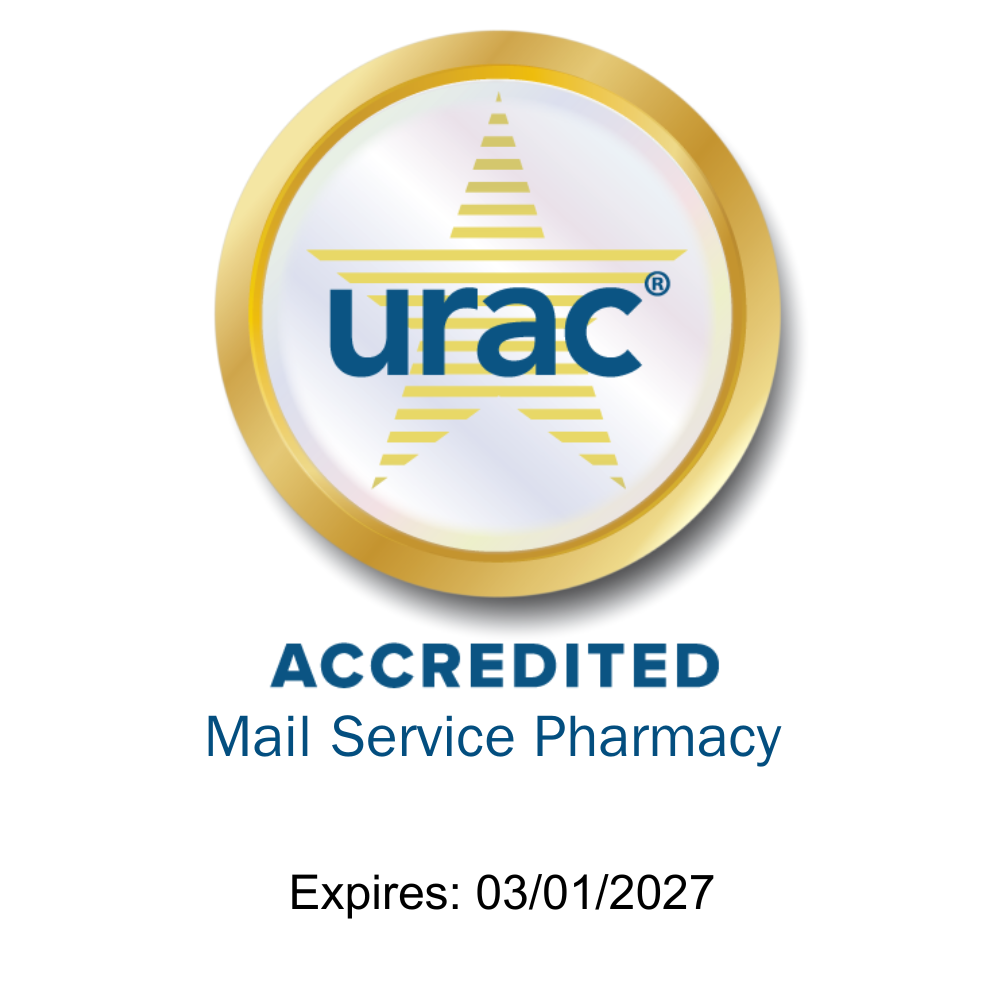How to Prevent Urinary Tract Infections (UTIs)
WHAT IS A URINARY TRACT INFECTION?
A urinary tract infection (UTI) is an infection localized in the urinary system due to microbes that enter the bladder through the urethra. Sometimes, in more serious cases, the microbes can travel up the ureter and into your kidneys, which is one reason why seeking treatment is so important. Catheter associated urinary tract infection (CAUTIs) is one of the most common types of infections reported. As an intermittent catheter user, you have over a 40% greater risk of acquiring a urinary tract infection.
At Byram Healthcare, we care about our customers and we are committed to helping you live a happy and healthy lifestyle. We compiled a list of resources that can help you reduce your risk of acquiring a urinary tract infection.
WATCH VIDEO TO LEARN ABOUT COMMON CAUSES FOR UTI INFECTIONS
TIPS TO REDUCE UTI’s
DO NOT Reuse Catheters
Intermittent catheters are hollow, flexible tubes used to drain urine from the bladder through the urethra. The majority of intermittent catheters are single-use devices that should be discarded after each use. A high number of patients, however, reuse disposable intermittent catheters every day. Reusing intermittent catheter often performs poorly in terms of both safety and efficiency, and puts a patient’s health and wellbeing at risk.
In addition, the FDA considers intermittent catheters to be single-use only devices. In 2008, Medicare increased from a maximum of 4 catheters per month to a new maximum of 200 per month per patient. This policy change is an important step towards eliminating the debilitating and costly consequences for patients at risk for urinary tract infections and will greatly improve the quality of life for patients using intermittent catheters.
Catheterize Appropriately
Learning how to self-catheterize properly can reduce potential irritation and infection that can occur from improper catheterization. Below, we provide you with helpful information on how to catheterize correctly.
Hydrophilic Catheters Can Minimize Infection
If you need to self-catheterize to manage a urologic condition, over time the continual insertion and removal can lead to irritation, inflammation, damage, and trauma. Unlike traditional catheters, Hydrophilic catheters are covered with a unique polymer coating that reacts with water to create a slippery byproduct. This allows for easier insertion and removal, reduces discomfort, and can even lower the chances of infection. Since you don’t have to touch the tubing to apply lubricating gel, hydrophilic catheters are far more hygienic and can minimize infection.
Closed System Catheters
There are various clinical reasons why a closed system intermittent catheter may be prescribed and its recommendation is always at the discretion of your healthcare provider. Closed systems are sometimes called “touch-less” catheters because if you use them correctly, during the insertion process, your hands and any bacteria on them never come into contact with the catheter directly. This greatly minimizes the risk of Urinary Tract Infections (UTI). The closed catheter kit normally includes the following items but can vary depending on the manufacturer:
- Pre-lubricated catheter
- Collection Bag
- Additional lubrication
- Exam gloves
- Underpad
- Antiseptic wipes
- Iodine or povidone swabs
- BZK
Empty Your Bladder Frequently
If you constantly hold in your urine, whether out of convenience or a lack of access to a restroom, you become more susceptible to infection. Voiding the bladder helps to flush out your urethra and any harmful bacteria that are inside. If you suffer from recurrent UTIs, try to urinate frequently, even if you don’t feel the need to go. Our Clinical Careline is not a substitute for medical advice from your healthcare provider. Contact your healthcare professional if you experience any of these symptoms:
- Fever
- Nausea
- Vomiting
- Chills
- Pain or tenderness in the upper back and sides where your kidneys are located.
RESOURCES
Byram Healthcare has a Clinical CareLine designed to support the needs of our customers, providing a great resource for anyone with clinical questions or concerns that come up between regular visits to their physician. Byram customers can call our WOC Nurse at 877-902-9726 (EXT. 43312)
Reference Guide to Self-Catheterization of Intermittent Catheters
This resource guide will provide you with helpful information on how to prevent urinary tract infections (UTI's), instructions on how to catheterize, place and order, and much more.









